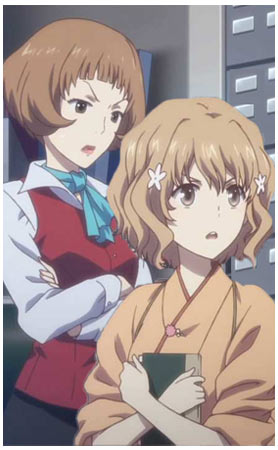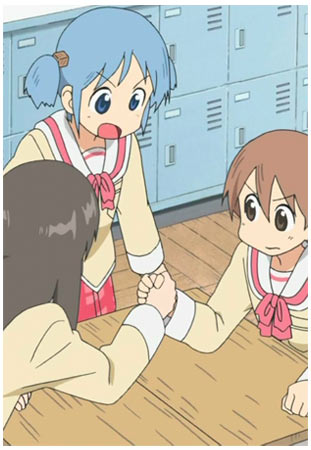Japan is a unique language in that so many of its words come from English or (depending on the era) from other European languages. Sometimes it’s simple words like “glass” or “camera” or “chance” that have been imported as-is, and sometimes things get more complex, like the way the Portuguese word confeito (meaning confection or candy) morphed into the awesome Japanese star-shaped candy from Spirited Away. The Japanese language has changed rapidly over the last few decades, and it’s not uncommon for previous generations to have no idea what all these new katakana words are — referring to the writing system used for foreign loan words — and there are actually “katakana dictionaries” for older Japanese to look up foreign words in. There’s a certain kind of Japanese person who loves peppering their speech with English phrases, in part to show how smart they are. The Democratic Party of Japan is famous for this, using words like “manifesto” “populism” “innovation” or “new millennium frontier” despite a significant number of voters being unfamiliar with these English terms. In the anime Hanasaku Iroha, there’s an annoying consultant who shows up, spewing English slogans like “there’s no time like the present!” or “nothing venture, nothing win!” [sic].

My new manifesto is, “nothing venture, nothing win!”















